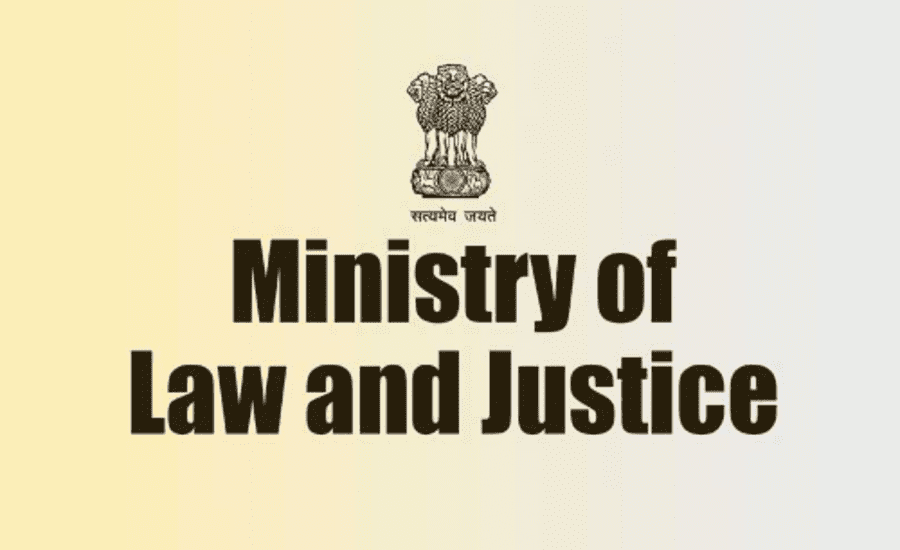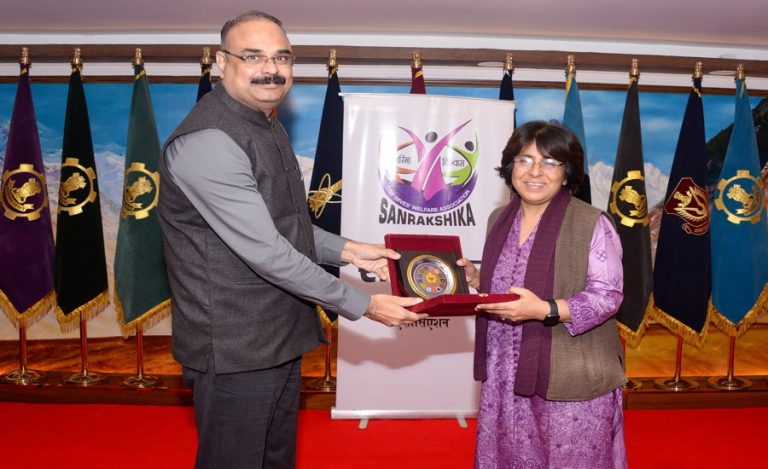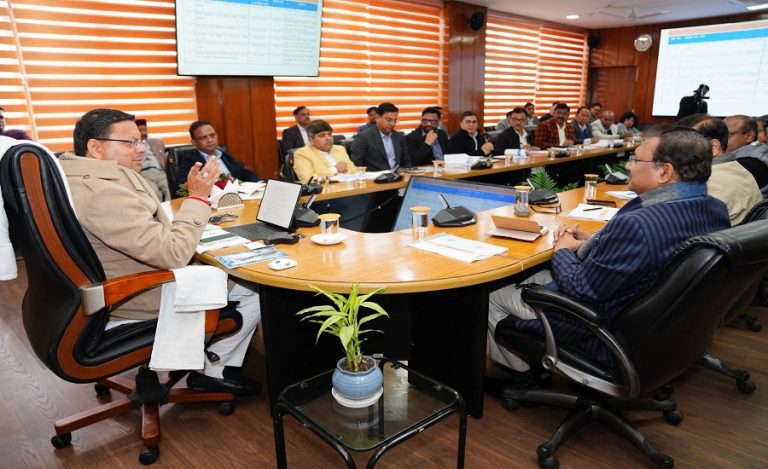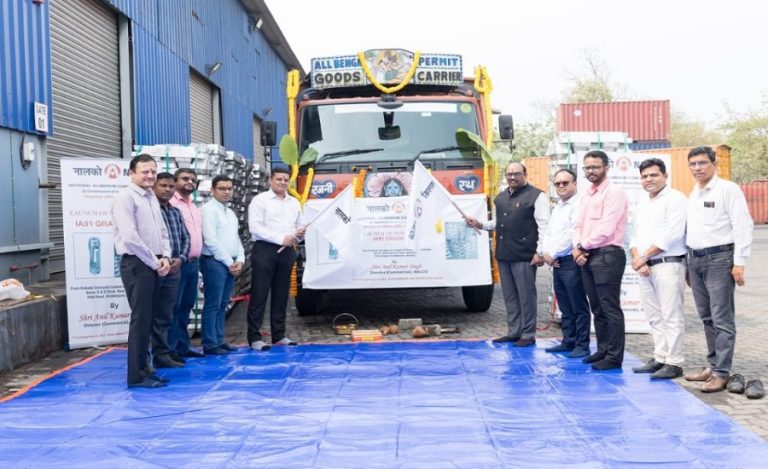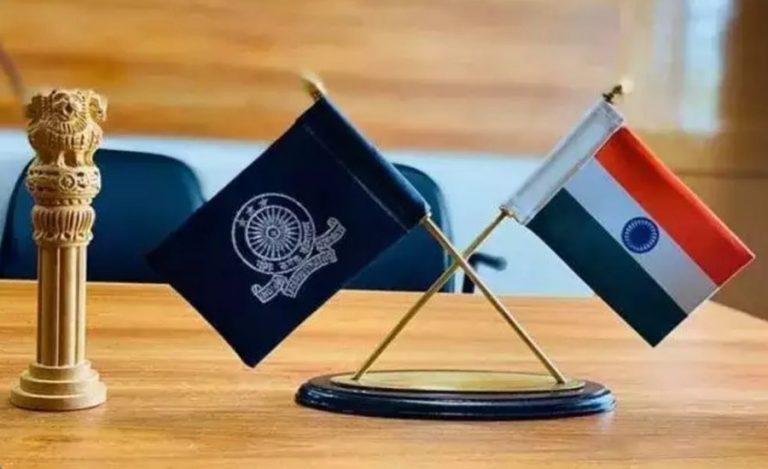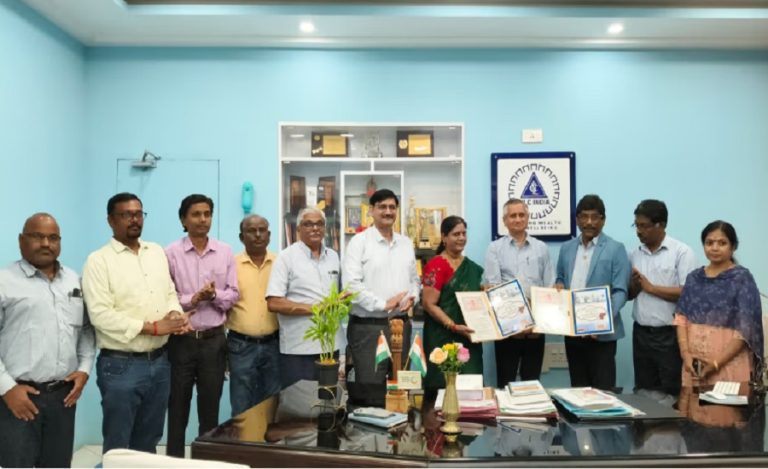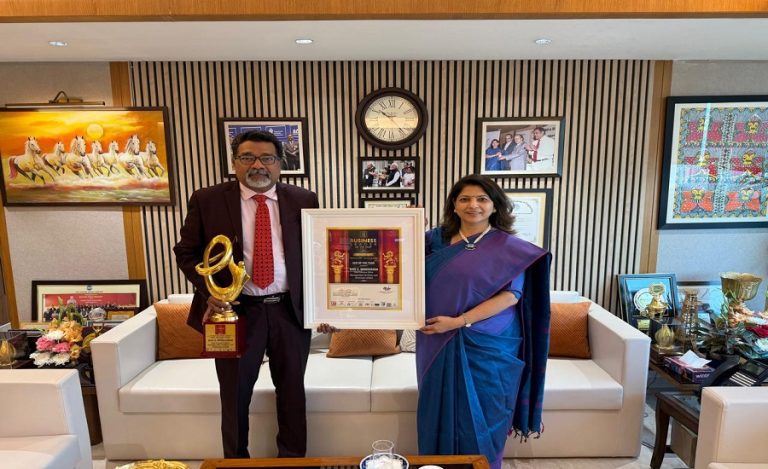The Government of India, through the Legislative Department (a wing of the Ministry of Law & Justice) has long advocated rationalisation and efficient disposal of unserviceable assets as per the provisions of the General Financial Rules 2017 (GFR 2017).
In its drive named “Special Campaign 5.0”, the Department targeted the disposal of obsolete furniture, electronics (computers, scanners, printers, photocopy machines) and miscellaneous office materials declared redundant. This campaign aligns with wider efforts to enhance transparency, free up physical office space, and ensure correct accounting of government assets.
Key Highlights of the E-Auction Drive under Special Campaign 5.0
Transparent Process & Compliance: The auction was conducted fully in line with GFR 2017 guidelines and government audit norms.
It included demonstration of adherence to prescribed procedure by the Auction Committee, officers and staff of the Department — emphasising transparency.
Scope of Items Auctioned
- Old/unserviceable furniture: chairs, tables, cabinets, shelving units
- Electronic equipment: computers, scanners, printers, photocopy machines
- Miscellaneous office materials: likely including wiring, hardware parts, accessories
All items had been officially declared obsolete by the Department.
Removal & Space Optimisation
Items were removed on 25 October 2025 from key areas: 4th Floor (A Wing & D Wing) and 2nd Floor (Record Room & Garage) at Shastri Bhawan.
Freed up corridors, record rooms, garage areas and other sections for functional requirements — enhancing office efficiency and utilising centrally located space for active use.
Proceeds and Financial Integrity Under Special Campaign 5.0
The revenue generated from the e-auction was deposited into the Government account as per rules — showcasing fiscal responsibility and good governance.
Relevance to the Current Initiative
Pattanayak supervised the entire process: from identification of unserviceable items, coordination with the Auction Committee, ensuring clearance of premises, to deposit of proceeds. His leadership is central to the success of this drive.
Importance of Special Campaign 5.0
Optimising Government Office Space: The disposal of large volumes of obsolete furniture and equipment opens up valuable space in Shastri Bhawan — one of Delhi’s hallmark administrative complexes. Freed space can be repurposed for active departmental use, digitisation units, record rooms or staff amenities.
Read Also: Mapping the Future: INS Sutlej’s 35,000 sq mile Survey Boosts India–Mauritius Maritime Ties
Enhancing Transparency & Governance: Conducting the auction in compliance with established financial rules, with clearly documented removal and deposit of proceeds, helps build trust in government asset-management practices. The full cycle, from auction to disposal and deposit, addresses past concerns around idle government assets.
Alignment with Digitisation & Record Management: The initiative aligns with the broader move to digitise government records and reduce physical clutter. When old, unused furniture and hardware are removed, efforts to digitise documents, streamline workflows and re-configure departmental layouts become easier.
Eco-friendly and Sustainable Disposal: While the press release focuses on removal and auction, this also implies responsible disposal of electronics and furniture – reducing waste, and potentially enabling recycling/resale in a transparent manner.
Way Forward
Replication across departments: If this e-auction example is replicated by other ministries/ departments, it could significantly free government office space across the capital and nationally.
Read Also: NAKSHA Urban Land Survey: LBSNAA Trains District Collectors on GIS Platform
Effect on digitisation and record-management: Freeing space might lead to improved digitisation units, better archival management and more efficient administrative workflows.
Follow-through on proceeds utilisation: Ensuring that the funds from the auction are appropriately utilised within departmental reforms or infrastructural improvements will be key.
Tracking of disposal of electronic scrap: While the press release mentions electronics, monitoring how these are recycled/disposed will determine the environmental and governance quality of the process.
Staff and operational feedback: The freed spaces might impact staff convenience, workflow, and administrative ease; user-feedback might help refine further campaigns.

